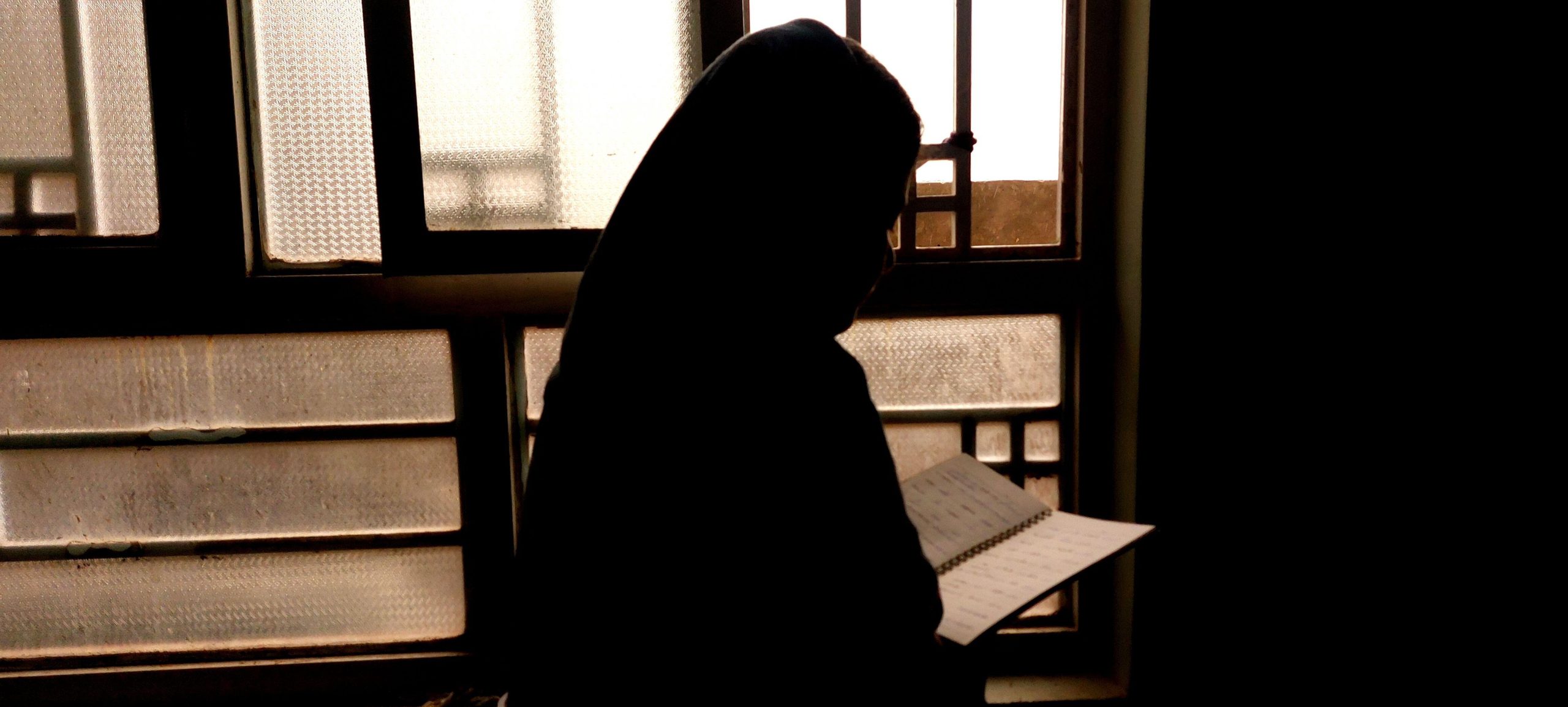The deaths of two ethnic Mongolians, allegedly killed by Han Chinese, in China’s Inner Mongolia region in May, has sparked the worst riots this region has seen in decades. Many areas, including the regional capital, Hohhot, are under martial law.
Scores of people have been detained and there is no information on possible deaths.
Enghebatu Togochog, director of the US-based Southern Mongolia Watch, a pressure group advocating ethnic Mongolian rights in China, told UNCUT:
We are still unable to verify it [a possible death count]. However we confirmed that there have been arrests of dozens in Hohhot on May 30 during the protest. Exact number of the detainees is still yet to be confirmed. In Shiliin-gol league at least 44 people were arrested, and none of them have been released so far.
It’s no surprise then that China’s censors have sprung into action to control news of the unrest. Internet and phones services have either been cut off or are intermittent in some areas.
Nationally, top micro-blogging sites such as Sina (Weibo) and Tencent (Taotao), have reportedly blocked searches with the keywords “Inner Mongolia” and “Hohhot” with the message: “according to related laws, regulations and policies, the results of your search cannot be displayed.” See image.
The domestic news service has more or less shied away from reporting such a major news story although the English-language China-based media has offered some low-key coverage.
Of interest is an opinion piece in the Global Times yesterday, headlined “Putting Mongolian protests into context”, which takes a sympathetic slant towards the protesters.
It argues that the Mongolians have genuine concerns.
“Some of their requests are reasonable, and should be responded to by the local government,” it said.
Followed by: “We believe the majority of Chinese sympathize with their reasonable requests.”
The deaths sparked long-held resentment about the damage Han-owned coal mines have done to the local grasslands and government efforts to control local herders’ lives, as well as anger over the men’s deaths.
The New York Times commented that the authorities are acting in a much more conciliatory way compared with how ethnic Uighur and Tibetan violence was handled in protests in Xinjiang province in 2009 and in Tibet a year earlier.
“The acknowledgment of the anger, coupled with the large deployment of soldiers and police officers, suggested that the authorities were intent on avoiding the ethnic mayhem that struck other areas of China.”
At least hundreds of people died in those protests.






